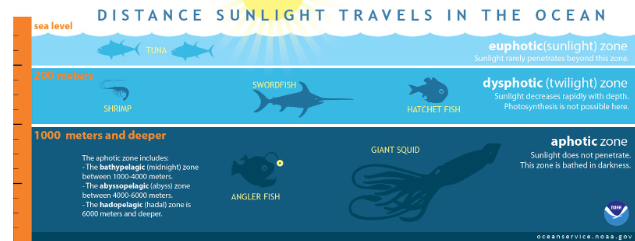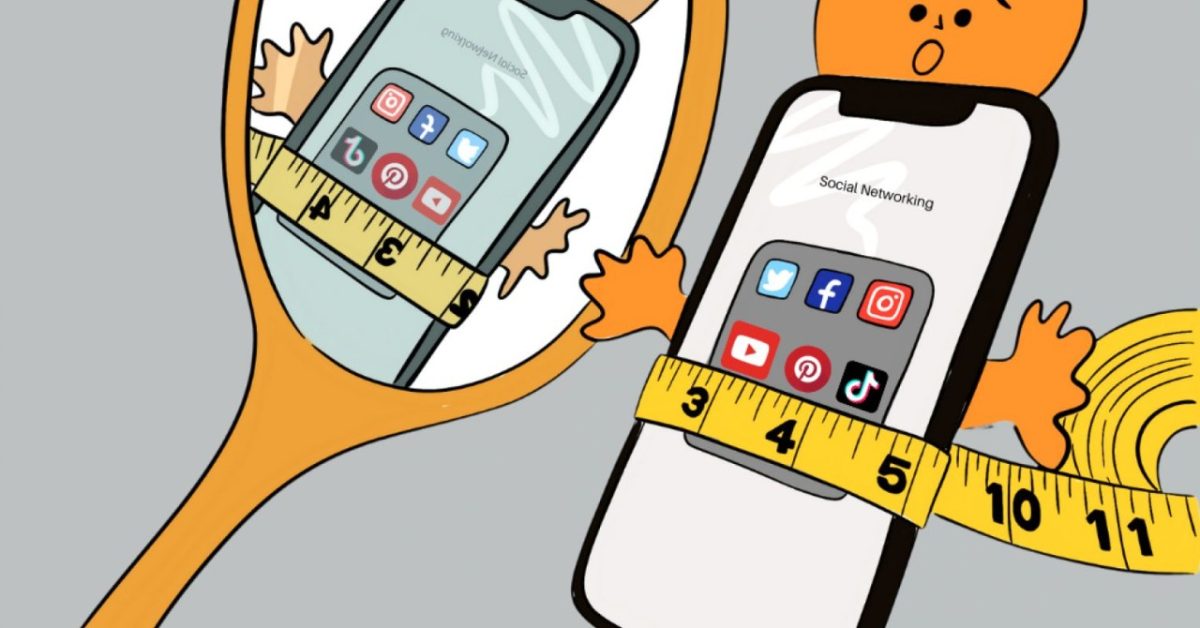The iPad Kid Generation is part of the Gen Alpha era, which is a subsection of the people who were born from 2010 to 2024. The Gen Alpha era is promoted as the “screen-loving kids.” With some iPads being discontinued, parents are struggling to get their children outside or read books.
“These parents are the ones to blame. I was happy without iPads as a kid,” Junior Kenna gives her take on the “iPad kid generation”. Unfortunately, kids are no longer going outside to play with their friends or toys or to enjoy the day outside. Now with the upgrades of iPads, kids are spending less and less time outside, and more time on their devices. The countless hours that these kids are spending their time on the iPads, they could be doing things productively. Walthall also says, “ My mom would force me to read two chapters of a book if I even wanted to use an iPad… playing with toys or outside sounded better.

As these kids are growing up, more and more of these kids are attached to their phones, and less and less are reading books. In the early ages of childhood, the importance of the development of the brain is vital; as kids continue to use their time on their phones and iPads. Reading gives these children a sense of development in the brain and it also helps with their process of languages. Reading books, children involves and uses the child to use their imagination and makes the kid involved. While being on the pad may promote the same thing, but these iPads also have their problematic actions toward kids.

Studies have shown that the longer the child is on the iPad the more the kid can experience headaches or strains in their vision; this can also prolong exposure from the iPad’s screen that can disrupt the body’s circadian rhythm, which can lead to disorders. There are also concerns showing that excessive amounts of time on the screen can cause attentional problems, childhood obesity, or even issues with cognitive development and language skills.
Kids from zero to eight 28% of the time, the kid is on their devices, this is only a quarter of the data collected. On mobile social media, about 52% of kids have access to electronic devices at home, which is more than half of the kids without access to electronic devices. Although iPads can be a source of knowledge and information, iPads are probably not the best course of action for education sometimes.
*insert the picture
This generation depends on the ability of their phones too much; though there can be good information that can be credited from the internet. Some information requires you to have your own opinions, this is all the process of growing up. The more experience you gain as a person, the more opinions and decisions you can make for yourself.




































